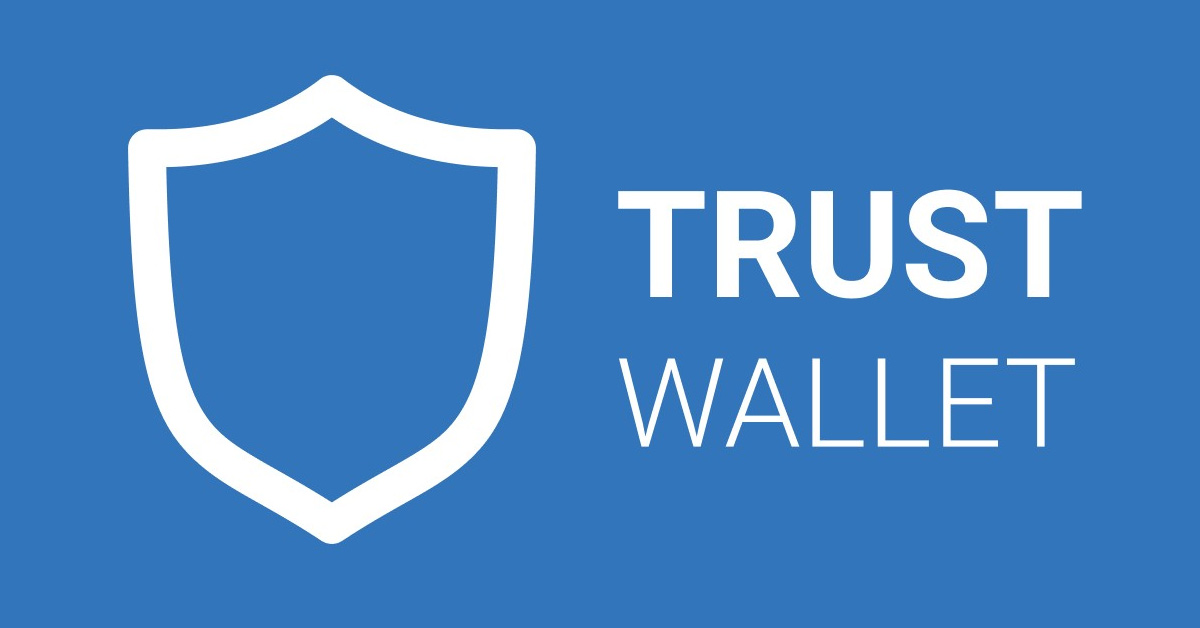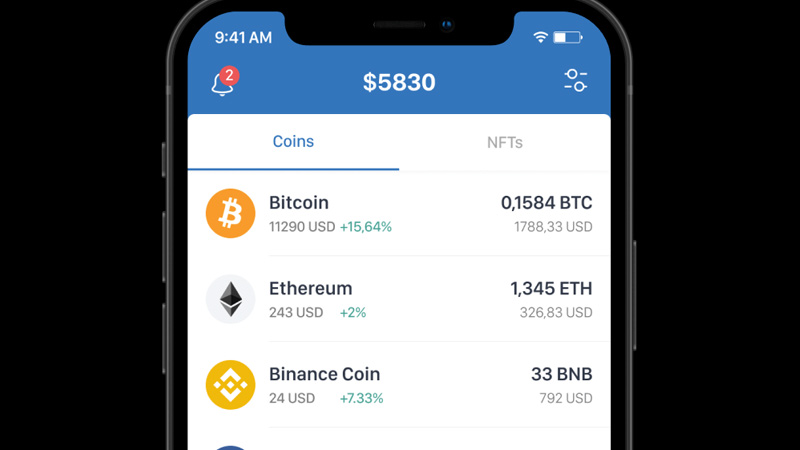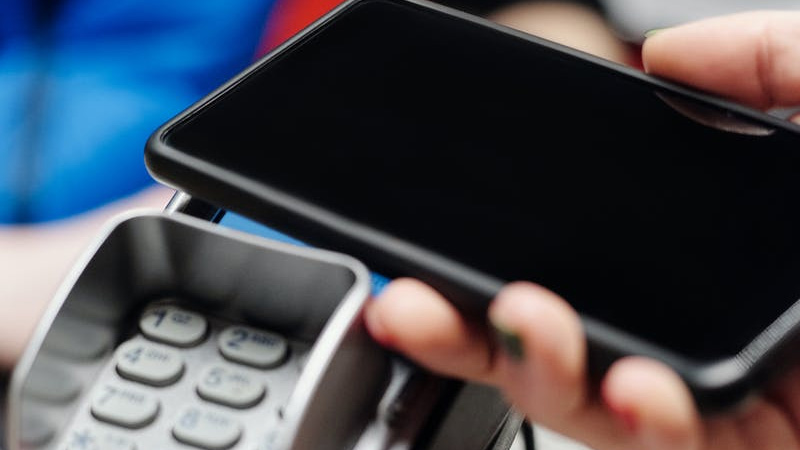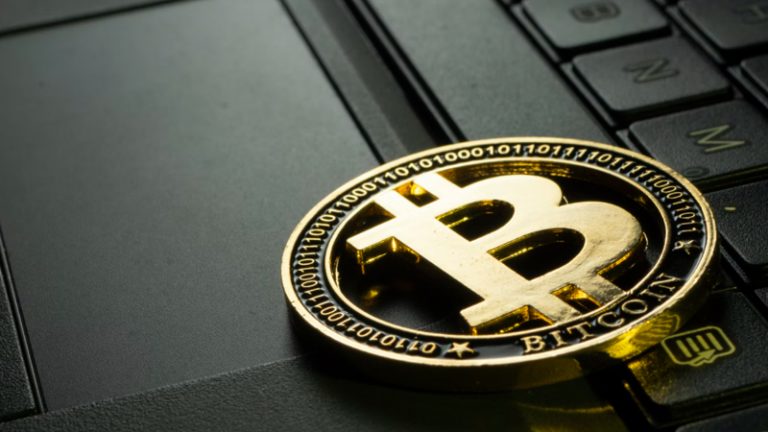Trust Wallet Fees: Every Fee Explained & How To Avoid Them

Trust Wallet is one of the popular crypto wallets that allow users to store their cryptocurrencies. It’s a completely Decentralized Wallet meaning no major party controls the flow of currency hence why a lot of users adopt using this wallet to save their cryptocurrencies and perform transactions via the wallet. Although Trust Wallet is secure, it’s important to know if the wallet charges any fees hence why we ask the question “does Trust Wallet charge any fees?”
Technically, Trust Wallet doesn’t charge any fees as a service provider, but there are service fees incurred by crypto transactions performed via the wallet. These fees aren’t directly “Trust Wallet fees” because they are necessary fees required to power the network and complete your transactions.
In this piece, I’ll discuss with you every fee involved whenever you perform a transaction via your Trust Wallet and how to avoid them if they are avoidable. If they aren’t, I’ll discuss how to reduce the fees with you so you can perform your transactions while being charged lower fees.
Does Trust Wallet Charge Any Fees?

On paper, Trust Wallet doesn’t charge any fees for any transaction performed on the app because Trust Wallet is a decentralized wallet. This means, no major party controls the flow of the currency on the platform hence there are no fees charged by Trust Wallet as a body. The fees charged on the platform are fees charged by the network to power it and complete your transactions.
So if you’re trying to buy a coin via the wallet’s swap feature, the transaction fees go directly to the network that processes the transaction and not Trust Wallet. These transaction fees may vary depending on how you’ve set up your gas or network.
This is why a lot of users experience exorbitant transaction fees because firstly, they do not know the network in which they’re performing the transaction and also do not know how to set up their gas fee to be minimal.
Usually, Ethereum network fees are very expensive because of the network’s block requirements to complete a transaction within the network. Newbies who do not know how to navigate and use cheaper networks may fall victim to these exorbitant fees, hence why a lot of people assume they are being charged a lot of fees by Trust Wallet to complete their transactions.
There are other networks you can use to complete your transactions that are way cheaper than Ethereum network fees. These networks include Tron network, Binance smart chain, etc. These networks charge less than $1 for transactions performed on the network. You just have to know how to change your Trust Wallet network from Ethereum to either of these networks.
Types Of Trust Wallet Fees
Whenever you buy a coin or perform any other transaction on Trust Wallet, there are two fees that are paid:
- Gas Fees that are charged by Ethereum blockchain or any other blockchain you choose to use like Binance Smartchain (BSC), or Tron (TRX).
- Network Fees are charged every time a cryptocurrency transaction occurs on any of the networks mentioned above.
As mentioned initially, it’s important to note that Trust Wallet doesn’t receive any of these above fees as service fees or any kind of fee because Trust Wallet is a decentralized wallet. These fees are recorded on the blockchain and can be verified on each network’s database so if you’re unsure about who receives these fees, you can view the blockchain history to see if Trust Wallet receives a penny out of these fees.
Since Trust Wallet is a decentralized Wallet, it hosts various types of decentralized applications like Pancakeswap, Uniswap, Julswap, etc. On these decentralized platforms, you can perform any kind of transaction you want but essentially, the platforms are majorly used to buy and sell cryptocurrencies. You can access them via Trust Wallet’s browser.
Every transaction performed on these platforms require a gas fee and a network fee which will be used to complete your transactions. The smart contracts are initiated by the platform and sent to the network (Ethereum, BSC, or TRX) used to perform the transaction. Every transaction can be verified on the network’s blockchain.
Trust Wallet Gas Fees

Gas is a term used to describe the fees paid to run a blockchain network. The network can be the Ethereum network, Binance Smartchain network, Tron network, etc. As long as the network is supported by Trust Wallet, the network will always require a gas fee whenever you perform a transaction on the network.
To use any of these networks to perform a transaction on Trust Wallet, you need to have some amount of the network’s base cryptocurrency. For example, if you’re trying to swap a coin for USDT on the Ethereum blockchain, you need to have some amount of Ethereum in your wallet to be able to finalize the transaction. A fraction of the Ethereum will be used as gas fees to complete your transaction or swap.
These gas fees are charged on these blockchains to validate the 2 crypto blocks required to complete a transaction or swap successfully. The gas fee ensures that your smart contract is submitted to the blockchain so the miners can run a network of computing networks that form the blocks and aid in your transactions being completed successfully.
The gas fees are denoted by GWEI. So whenever you see the sign GWEI, understand that it’s the gas fees needed to complete your transaction. GWEI represents one-billionth of 1ETH and in some cases, it represents a fraction of the base currency like BNB or TRON.
Trust Wallet Network Fees
The reward for a proof of stake system in the blockchain is defined as Network Fees. When a miner is chosen to carry out a transaction block, the transaction block is validated by the miner hence these miners are paid in-network fees which are collected from the user’s cryptocurrencies.
In less technical terms, network fees are the fees paid to the miners to validate a block of transactions as these blocks need to be validated if you’re performing a swap or any other transaction on the blockchain. The difference between gas fees and network fees is that gas fees are paid directly to the blockchain to complete your transaction while network fees are paid to the miners to complete the blocks needed to make your transaction successful.
Sometimes the network fees may be higher than usual because it fluctuates with the price of the base cryptocurrency of the blockchain used to perform the transaction. So if the coin is rising, then the network fee may increase and if the coin is experiencing a dip, the network fee may be cheaper.
For instance, if you’re performing a transaction on the Ethereum network, Ethereum will be the base currency for your transaction hence the network fee may be high as the coin rises in price and its market trend.
However, if you’re being charged higher fees than usual, then it may be due to the settings. You can adjust your network fee settings while setting up your transaction before sending it.
How To Avoid Trust Wallet Fees
Now that you know that Trust Wallet doesn’t take any of the fees being discussed in this article as their own service charges, it’s time to discuss how to avoid or reduce these fees.
It’s important to note that you cannot avoid paying both the gas fees and the network fees but you can reduce the fees whenever they’re on the high side.
How To Avoid Trust Wallet Gas Fees

As discussed earlier, you cannot avoid paying the gas fees because it’s going to be used to complete your transaction so if you’re looking for a way to avoid gas fees, I’m sorry to break it to you that you can’t avoid these fees. However, there are certain ways you can reduce the gas fees so here’s how to reduce the gas fees for any of your transactions:
Step 1: Verify Your Blockchain Network
Verify the blockchain network you want to use to perform your transaction. Essentially, Trust Wallet supports 3 blockchain networks which are TRX, BSC, and Ethereum. The most expensive of these blockchains is Ethereum so if you don’t have so much Ethereum to spare as gas fees, you can use an alternative network.
Step 2: Verify The GWEI For The Transaction
While setting up your transaction, look for the part where you have “GWEI” written and reduce it to the accepted minimum. Although this may lead to your transaction being slow, it’s better to pay lower fees.
How To Avoid Trust Wallet Network Fees
As mentioned, you can not also avoid network fees, you can only reduce it hence here are the steps to help you reduce them:
Step 1: Verify Your Blockchain Network And The Price Of Its Base Cryptocurrency
Make sure you’re using a less expensive blockchain network if you don’t necessarily have to perform the transaction on an Ethereum network. Verify the price of the cryptocurrency too and make sure you’re not performing your transaction when the coin is on the rise.
Step 2: Go To The Swap Settings
Change your “Slipperage Tolerance” to the lowest or a suitable one. This will reduce the network fees required to complete your transaction.
After this go on to complete your transaction.






